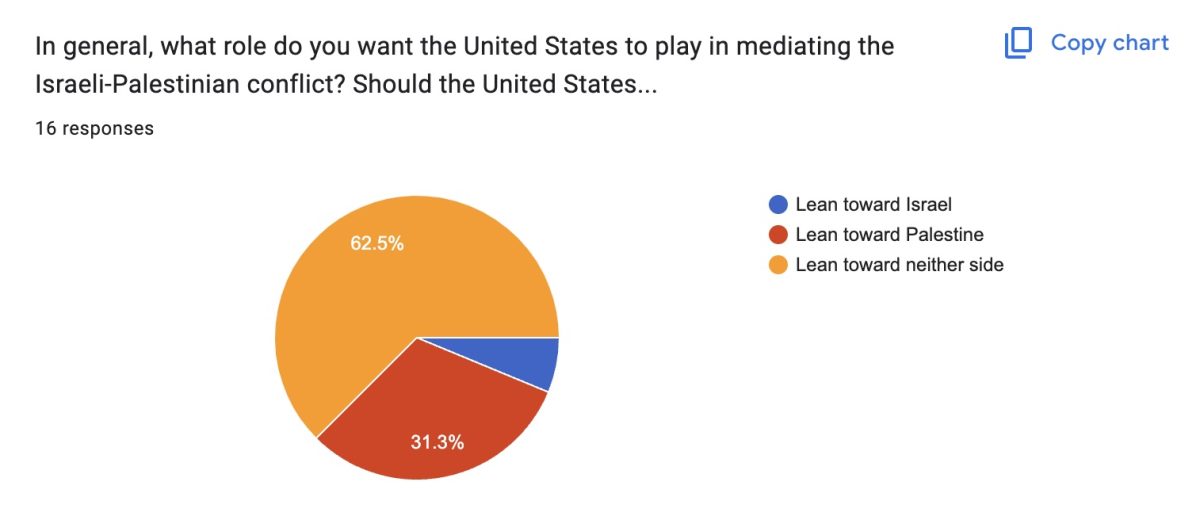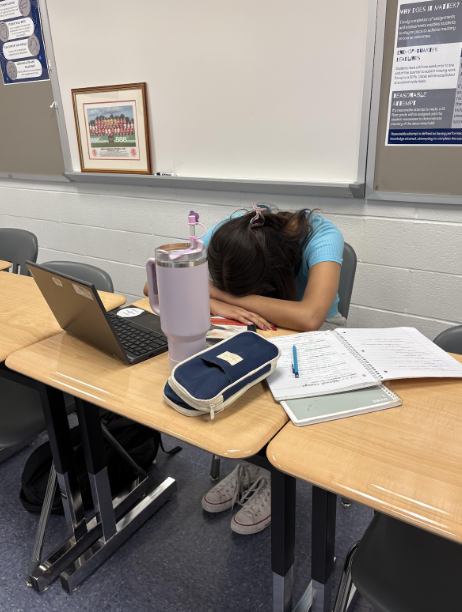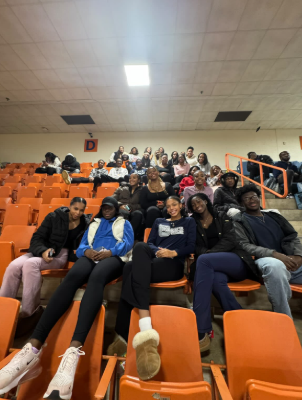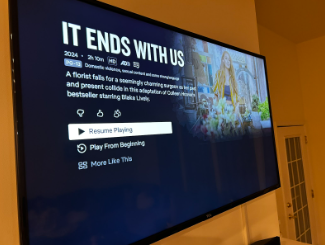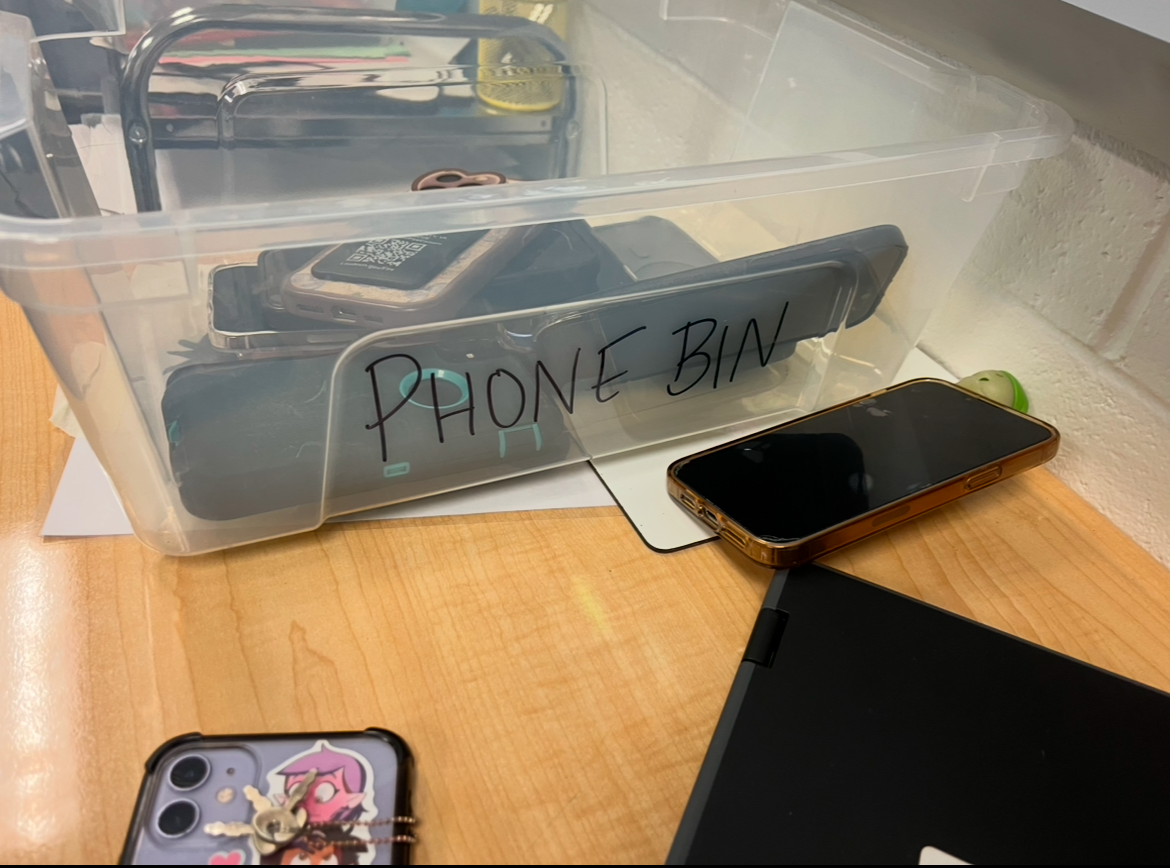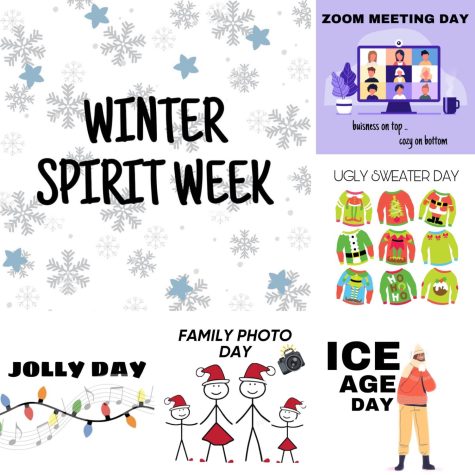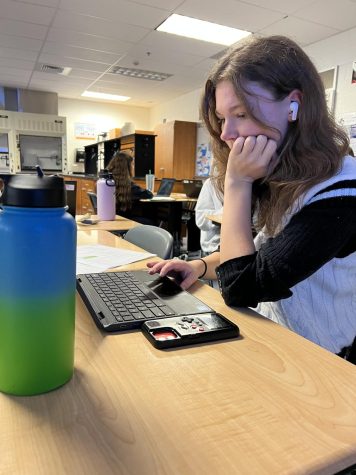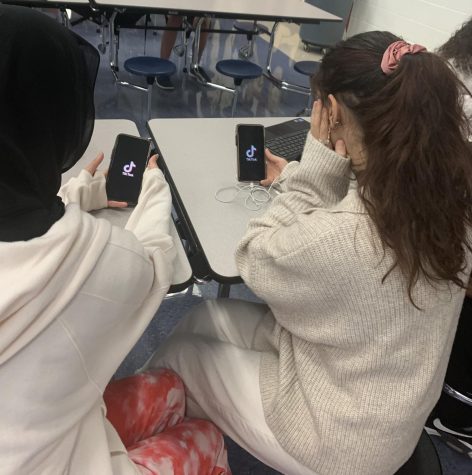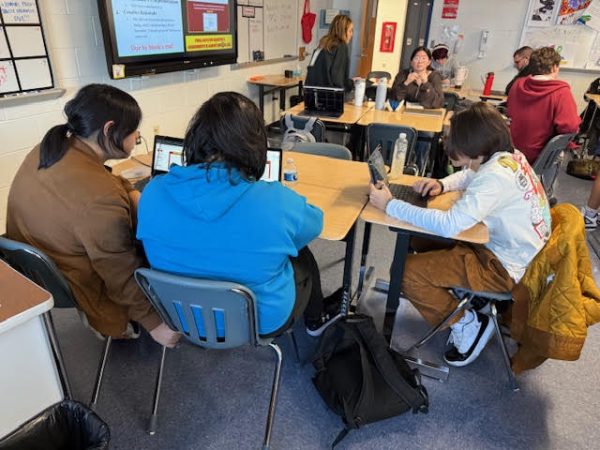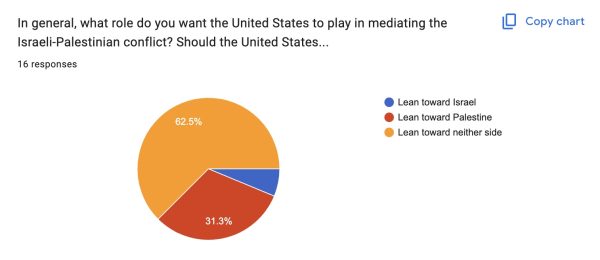Music Helps with Mental Health
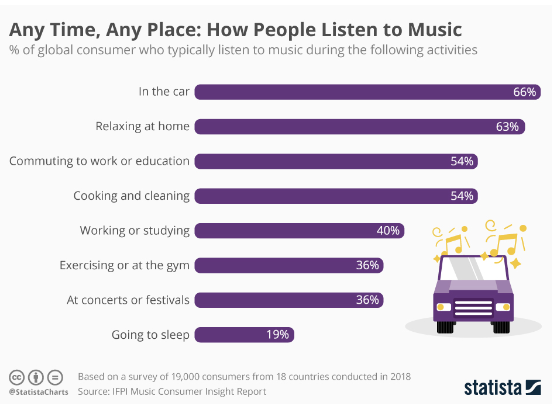
Most people listen to music in order to relieve stress, to focus, and to be positive, because music helps individuals to grow. However, there are some specific mental health benefits of listening to music.
According to a published study in The Eudaimonic Functions of Music Listening Scale: An Instrument to Measure Transcendence, Flow and Peak Experience in Music by Jenny M. Groarke and Michael J. Hogan’s, music plays an important role in peoples’ lives. There are no limits when to stop listening to music because music can help people to escape from reality. According to the same study, About 85% of the world population frequently listen to music when they are walking, studying, and doing chores. Furthermore, music genres can also impact peoples’ emotions. Most people listen to different music genres based on their emotions, such as rock, pop, classical, etc.
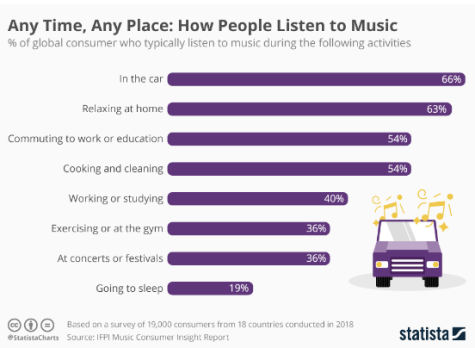
“I often listen to music wherever I go,” senior Alice Pham said, “[because] it helps me to stay positive.”
Music affects society in many ways because it is used to bring the community together. Music allows listeners to improve their vocabulary, and it helps them improve their social skills with one another, especially when they have the same taste in music. Many people who have been suffering from diseases listen to music because music acts as a powerful healing tool for peoples’ inner thoughts.
“I met many people that enjoy the same music genre that I do,” Pham said, “[and] I feel like I am not the only one that listens to the genre.”
Continuing on, music also helps people think creatively on achieving their goals. According to Development and Psychometric Evaluation of The Adaptive Functions of Music Listening Scale by Michael J. Hogan, listening to ‘happy’ music promotes more divergent thinking because it helps to enhance learning abilities and memory. This can include solving math problems, solving mysteries, memorizing books, etc. Also, motivation helps people think more creatively because motivation helps the brain to become more active and imaginative.
“I listen to classical music when I am doing my schoolwork,” sophomore Kylie Gines said, “[because] it helps me think more clearly, and listening to music does not make me feel tired at all.”
Music’s ability to increase creativity is not limited to listening to just music, but also making music too. People have the ability to sing during street performances and inspire others. This way, people can get easily inspired through live performances and want to create their own music. Many songs contain a variety of meanings, such as saving the environment, saving animals, death, and depression. With the use of having upbeat rhythms, musicians can convey these important messages in a way to appeal to their audience
“I realize that live performances give artists’ an opportunity to express themselves through the song more clearly,” Pham said, “rather than having autotune that can cover their emotions.”
At John Champe, most students listen to music through their headphones while they walk from class to class, talk to friends, study, etc. There are many opportunities for students to be involved with music through choir, band, and orchestra classes. According to the National Alliance of Mental Illness (NAMI), about 60% of people memorize the pitch or the lyrics of the song after listening to it one time.

“I was listening to one of my favorite songs,” Gines said, “[and] I got familiarized with the song real quick that I naturally know most of the lyrics.”
However, there can be negative physical consequences to listening to music. According to Dudley Debosier Injury Lawyers, there are many accidents that involve listening to music. The number of pedestrians who have been injured or killed throughout the years have tripled within a five year period. This also includes drivers since people who listen to music are more likely to be involved in a car crash. Top dangerous songs to drive to are: Bad Guy by Billie Eilish, Talk by Khalid, Sucker by Jonas Brothers, If I Can’t Have You by Shawn Mendes, and Sweet But Psycho by Ava Max. The BPM has a range of 133 to 135. However, it is the peoples’ responsibility to be cautious around their surroundings because the music is not to blame.
“I always pause my song when I am crossing a crosswalk,” Gines said, “[because] it helps me to pay more attention to the cars.”

Music helps most people to clear their mind and to relax. A specific music genre can affect peoples’ emotions and can lead to an uprising of positivity. Many famous musicologists such as Carolyn Abbate, Byron Adams, Guido Adler, Miguel Álvarez-Fernández, and more have all once said that listening to music can determine peoples’ ability to multitask effectively.
“I listen to music while I do my daily activities,” Pham said, “[because] I do not like quiet noise and it makes the atmosphere tense.”


